[Fonte: GLP] Weeds are thieves. They steal nutrients, sunlight and water from our food crops. In the case of sugarcane, yield refers to the amount of biomass and the sucrose concentration of the cane, which ultimately determines the amount of sugar produced. Two weedy culprits, namely itchgrass and divine nightshade, reduce cane biomass and sucrose yield.
These two weeds are a growing problem in Louisiana, where nearly half of the United States’ sugarcane is grown. Itchgrass competition can reduce the sugar yield in cane by 7-17%. And, the longer it competes with sugarcane, the more the sugar yield is reduced. Although divine nightshade is a relative newcomer to Louisiana, it can reduce sugar production by up to 43%. Therefore, researchers are looking at the effect of heat to control itchgrass and divine nightshade seed before it emerges in sugarcane fields.
[Editor’s note: Read the original study.]
Burning sugarcane fields is common after harvest to reduce crop residue on the fields. This helps promote the growth of the next year’s crop, as the residue has been found to reduce cane biomass. Research on flame weeding and other forms of heat to control weeds is of interest in the U.S., largely because of herbicide-resistant weeds. So, Douglas Spaunhorst and his research team looked to find the right temperature to control weed seed during the normal sugarcane residue burns.
“Integrated weed management strategies have become more common in U.S. agriculture,” says Spaunhorst, who is based at the USDA-ARS Sugarcane Research Unit in Houma, Louisiana. “Mechanical types of weeding, like cultivation, burning, and seed crushers, show a lot of promise.”
“Evaluation of non-chemical strategies for itchgrass and divine nightshade management is limited,” says Spaunhorst. Chemical-alternative weed control can help slow herbicide-resistance evolution. “In fields historically under sugarcane cultivation, no chemical-resistant divine nightshade or itchgrass has been reported,” says Spaunhorst. “However, a few examples have been found where resistant itchgrass became established in soybean fields.”
One of the tricks of weed control by burning is creating the right conditions. Burning can kill the actual weed plant, and it can also kill weed seeds retained on the soil surface. “Once weed seeds are buried below the soil surface, killing seed using heat is difficult,” says Spaunhorst. “The soil acts as an insulator to protect seeds, similar to a heat shield on a space shuttle that protects astronauts as they reenter into Earth’s atmosphere. But, the temperature, length of time of exposure, and other variables need to be determined for each weed species.”
During 2017 and 2018, researchers from Spaunhorst’s team researched the effects of heat on weed seeds in the lab. After collecting seeds, they applied temperatures of 100, 150 and 200°C to various groups. Times of heat exposure varied as well.
Once the seeds had been heat-treated, they were planted to see if they would grow in a greenhouse. This is where the seeds from the two weedy species differed in how they reacted to heat. This makes sense, because each is from a different family of plants.
A more important variable for heat tolerance is that the seeds of the plant have different structures. “Itchgrass seed is protected by an outer coating, similar to a husk,” says Spaunhorst. “However, divine nightshade seeds are located inside a fluid-filled berry. The fluid inside the berry seems to insulate the seed from high temperatures for short periods.”
Now that the team has collected lab and greenhouse results, the next step will be to apply these conditions in the field. It’s easy to control temperatures in an oven, but care will need to be taken to get the temperatures just right in the field. Wet crop residue in the field may not completely burn and produce temperatures too low to kill weed seeds. The burns will be started just like prairie burns — a little fuel, some wind, and a match.
“We know that high temperatures can kill itchgrass and divine nightshade seed,” says Spaunhorst. “Now we will experiment with temperature probes in the soil — both at the surface and just below. We expect that residue density and moisture will be significant factors in the next results. After we do the field burns, we will collect the seed and attempt to grow plants in the greenhouse again.”
Spaunhorst and his team have taken a process already in place — burning the residue of sugarcane — to see if it can be optimized as a dual-purpose procedure. If so, they can help sugarcane farmers keep their yields high, with fewer nutrient-stealing weeds getting in the way.
Original article: Turning up the heat for weed control

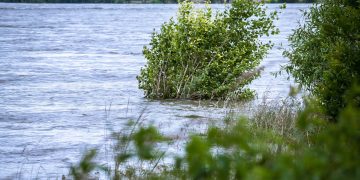


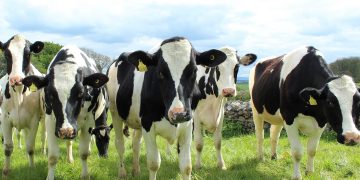
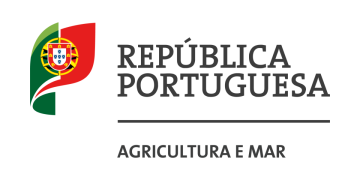
















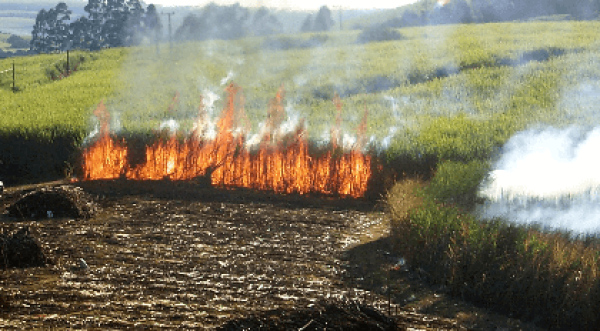
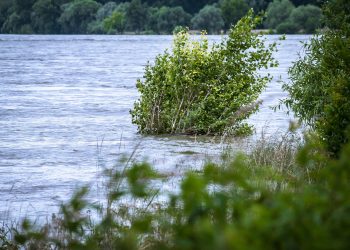



















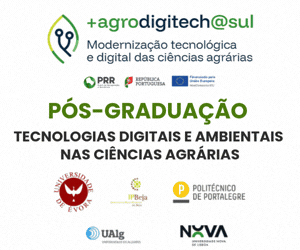










Discussão sobre este post